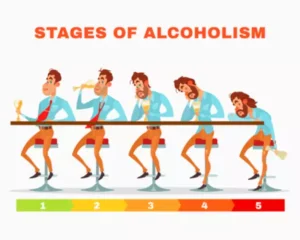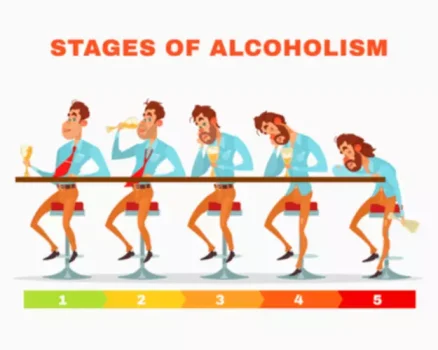
If someone has been drinking heavily, they might also start to smell like alcohol through their sweat. This is because alcohol is actually eliminated from the body through sweat glands. Essentially, the more someone drinks, the more alcohol their sweat will contain, and the more they will start to smell like alcohol. Lastly, it’s possible that the person is trying to cover up another scent with alcohol as it can be a strong odor masking agent.
Long-Term Health Risks
There could be several reasons why someone might smell like alcohol even if they haven’t been drinking. Firstly, it is important to note that alcohol has a distinct smell that can linger for a long time. So, even if the person had consumed alcohol hours before, their breath or clothing may still give off a strong smell of alcohol. At our treatment centers, we offer the medical attention you need, combined with the caring, confidential services you deserve. Our team is skilled at helping individuals overcome the negative effects of alcohol abuse and get on the road to lasting recovery. If you are diagnosed with alcoholic ketoacidosis, you’ll typically require hospitalization for close monitoring and specialized care.

Deterrence and Patient Education
- If you were to ignore your symptoms, though, you could end up with a life-threatening condition like a heart attack or seizure, or a differential diagnosis.
- Have you ever caught a whiff of a sweet, almost fruity aroma when someone exhales?
- It’s a problem mainly of type 1 diabetes but also can happen with type 2 if you get a serious condition called diabetic ketoacidosis (DKA).
- Treatment for Alcoholic Ketoacidosis (AKA) primarily focuses on correcting the dehydration, electrolyte imbalances, and acidosis that characterize this condition.
The same person having one drink per week was projected to live to 94, and the moderate drinker (2-7 drinks/week) was projected to live 95 years. With experiential-specific phobias, someone fears something because of a traumatic experience. Someone with cibophobia might have been forced to eat a certain food or they became ill after eating the food that they now fear. Preoccupation with weight, food, calories, carbohydrates, fat grams, and dieting. Refusal to eat certain foods, progressing to restrictions against whole categories of food (e.g., no carbohydrates, etc.) Appears uncomfortable eating around others.

How much weight can you lose by quitting drinking?

A person living with diabetes who Oxford House has symptoms of DKA will likely need treatment in the hospital. If a reading is above 240 milligrams per deciliter, the ADA suggests testing for ketones. The American Diabetes Association (ADA) advises people to not exercise if they have signs of DKA and to seek medical assistance immediately.
Understanding Diabetes: Early Detection & Expert Diagnosis
Some people may break down alcohol faster than others, which could result in lingering alcohol smell even after they have stopped drinking. This is because the body takes longer to eliminate alcohol byproducts such as acetaldehyde, which can cause the odor to linger on the breath, skin, and sweat. If you have fruity breath along with more serious symptoms like excessive thirst, vomiting, or change in alertness, seek immediate medical attention, especially if you have diabetes.
If you are experiencing any symptoms of liver disease, it is important to consult with your healthcare provider as soon as possible to determine an appropriate treatment plan. Body odor is the result of bacteria breaking down sweat molecules on your skin’s surface. People with liver disease often have a weakened immune system, making it easier for bacteria to thrive on their skin. Moreover, the liver is responsible for breaking down waste products in your body, and its malfunction can lead to the accumulation of toxins, resulting in an unpleasant odor. The smell of alcohol can also be affected by factors such as the aging process, the ingredients used to make the alcohol, and the environment in which it is consumed.

Leave a Reply